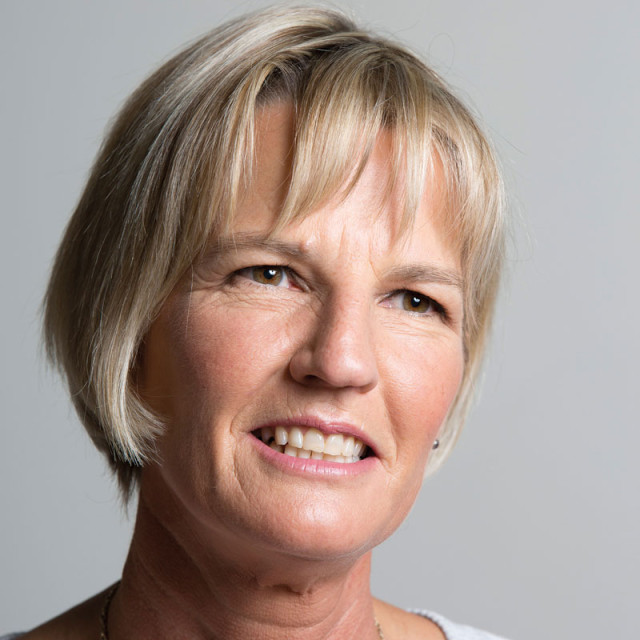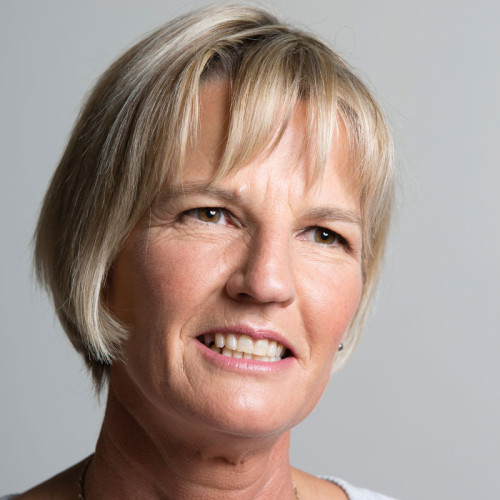Organ donation (from deceased donors) takes place in all 24 hospital intensive care units (ICUs) and requires commitment and co-operation from everyone.
It is our shared responsibility: all New Zealanders, the Ministry of Health, District Health Boards, hospitals, and ICUs, as well as Organ Donation New Zealand.
ODNZ is responsible for developing, maintaining and enhancing nationally consistent processes for deceased donation which provide, within the bounds of best clinical practice, as many organs and tissues as possible.
We believe that every donation opportunity should be recognised and that every family (irrespective of ethnicity, religion, or whether the word "donor" is on the driver licence) should have donation discussed with them by a healthcare professional who has appropriate knowledge and skill.
Donation should be discussed compassionately and respectfully, recognising that donation comes out of human tragedy.
Donation is voluntary and hospital staff and ODNZ always respect the family's decision.
All ICUs have nurses and doctors with special expertise in donation.
All ICUs voluntarily participate in a quality assurance programme about donation.
ODNZ provides them with support, along with education, training and resource materials - even a smartphone app.
Extra ministerial funding ($500,000 a year for four years), since July 2012, has helped.
We work with ICUs to reduce practice variation, to identify situations where donation might be possible, and ask them to call us for support - 24 hours a day.
We welcome the opportunity to advise the minister, ministry and district health boards on how to ensure that every opportunity for donation is supported, in every hospital, every time.
Beginning in 2008, the Australian Government invested an additional A$40 million a year to establish and support its Organ and Tissue Authority, which developed processes similar to many now taking place here.
Organ donation rates have risen in Australia, from an average of 10.3 donors a million per year in 2005-2008 to 16.1 in 2014.
Australia and New Zealand are often compared to Spain but there are Spanish practices which we have not adopted, and might not wish to. For example, Spanish patients with no hope of recovery are commonly admitted to ICU for no reason other than possible future donation, without discussing this with the family, and treated (for up to five days) awaiting their death.
Families are told that "society expects them to donate" and are asked repeatedly to reconsider (up to five more times) if they don't agree to donate. (Spanish researchers report this increases family agreement from 59 per cent to 81 per cent).
New Zealanders rightly expect honest, full disclosure and informed consent in health matters.
When every opportunity for possible donation is recognised, and discussed sensitively with every family, who are supported in their decision-making, then we will know that our donation rate, though it may never be as high as Spain's, is as high as it should be.
Dr Stephen Streat is the Clinical Director of Organ Donation New Zealand.

